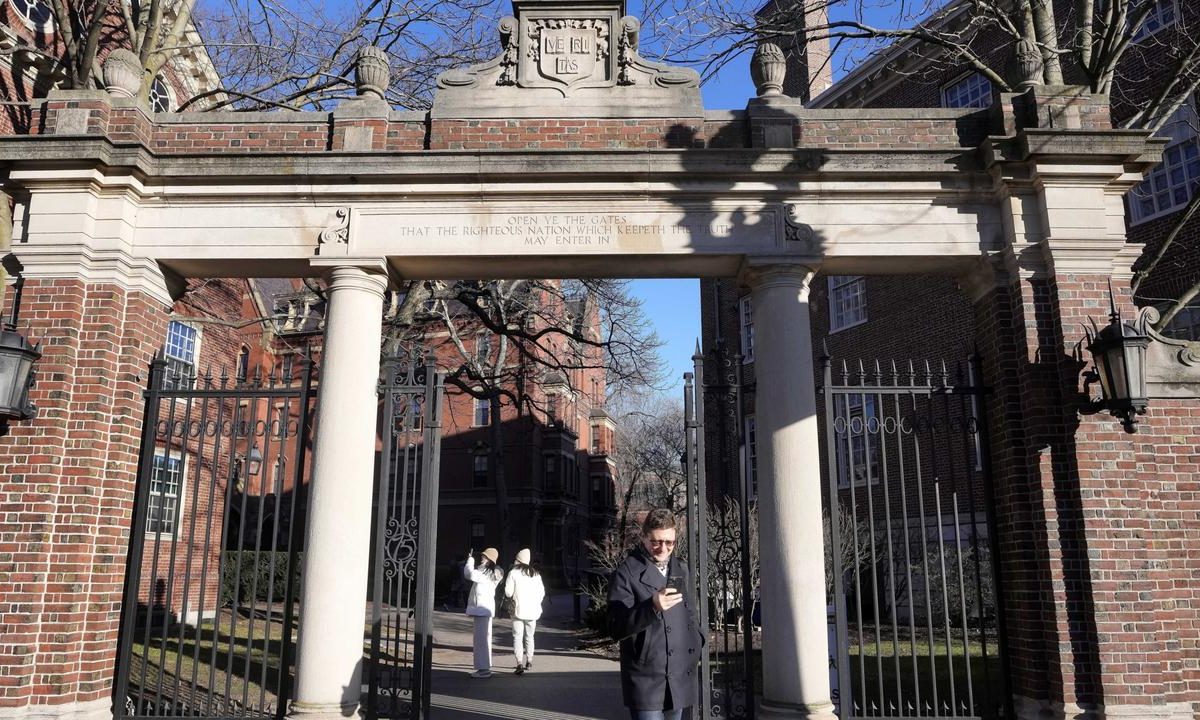University of Arizona Says No to Trump’s Compact
The University of Arizona has officially declined to sign the Trump administration’s Compact for Academic Excellence in Higher Education, becoming the seventh major university to reject the offer.
The decision comes as part of a growing pushback against the White House’s new funding policy, which ties access to federal research grants with compliance to a set of political and social guidelines.
Why the University Refused
In a formal statement, the university confirmed it will not sign the compact, emphasizing its strong commitment to academic freedom, merit-based funding, and institutional independence.
University officials noted that while some of the recommendations “deserve thoughtful review,” many of them are already in place within the institution. However, they made it clear that the core principles of education should not be influenced by political agendas.
What the Compact Proposed
The Compact for Academic Excellence presented several strict rules for universities seeking priority access to federal funding. Some of the major terms included:
-
Banning the use of race or gender in admissions and hiring.
-
Capping international student enrollment at 15% of undergraduates.
-
Ensuring a “balanced political environment” on campuses.
-
Shutting down departments or programs that “discriminate against conservative views.”
Critics argue that these conditions attempt to reshape higher education around partisan ideology rather than academic merit.
Other Universities That Declined
Out of the nine universities approached by the Trump administration, seven have now publicly refused to sign the compact. These include:
Brown University, MIT, University of Southern California, University of Pennsylvania, University of Virginia, Dartmouth College, and now the University of Arizona.
Two institutions — Vanderbilt University and University of Texas at Austin — have yet to announce their final decision.
Reactions from Education Leaders
National academic organizations, including leading unions and faculty groups, have voiced strong opposition to the compact.
They argue that offering preferential treatment to schools that comply with political expectations amounts to favoritism and undermines academic independence.
Education experts have warned that linking research grants and university funding to political conformity could set a dangerous precedent for the future of higher education.
Impact on U.S. Higher Education
Since the start of Donald Trump’s second term in January 2025, the administration has made major cuts to federal research funding. Many of these cuts have been justified as efforts to “limit political expression” and control campus activism, including pro-Palestinian protests and diversity programs.
Several universities, such as Columbia and Harvard, have been directly impacted by these policies — with legal battles already unfolding over federal grant cancellations and allegations of ideological bias.
University of Arizona’s Stand for Academic Values
By refusing to sign the compact, the University of Arizona has reinforced its image as an institution dedicated to free inquiry, diversity of thought, and academic excellence.
The decision sends a clear message that education should remain free from political pressure and that research funding must continue to be merit-driven rather than ideologically influenced.






